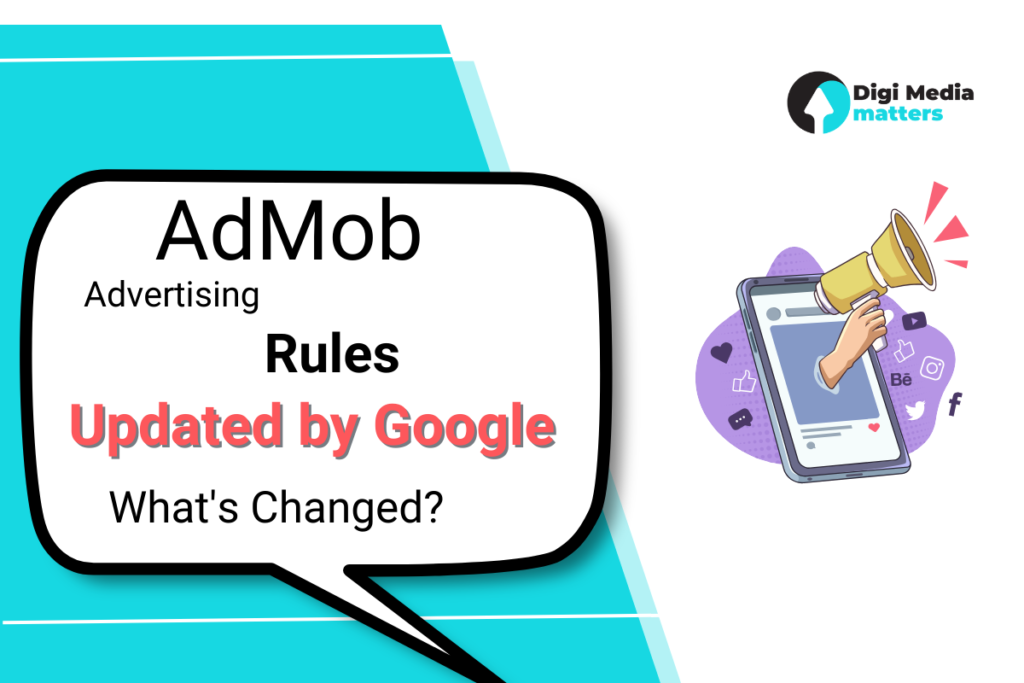
Ads will be removed from private communications, and personalized advertising rules will be refined, reshaping user targeting.
Google has announced significant updates to its AdMob policies, set to take effect this month, aimed at enhancing transparency and compliance for publishers.
These updates will notably impact how advertisements are placed within mobile applications, particularly within private communication spaces, thereby influencing publishers’ strategies for monetization.
Key Changes and Impact
- Ads in Private Communications Policy:
- Restricts ad placement in screens primarily focused on private communication.
- Includes direct messages, live chats, video-chats, private chatrooms.
- Publishers relying on messaging apps may experience reduced ad inventory.
- Personalized Advertising:
- Moved from Behavioral Policies to Publisher Policies.
- Aims for unified policy framework.
- Reinforces rules for personalized ad delivery.
- Safeguards user privacy and prevents discriminatory practices.
Why It Matters
These policy refinements underscore Google’s proactive response to evolving digital communication trends and heightened privacy considerations. By tightening ad placement rules and refining targeting criteria, Google seeks to maintain a balance between effective monetization and user-centric advertising practices.
What Publishers Should Do
Publishers are advised to review these updated policies promptly to ensure compliance moving forward. Adjustments to monetization strategies may be necessary, especially for apps heavily dependent on private messaging functionalities. Advertisers should also reconsider their targeting approaches to align with the revised policies and continue effectively reaching their target audiences.
Follow DigiMedia to stay updated on the latest developments in digital advertising and technology trends.
